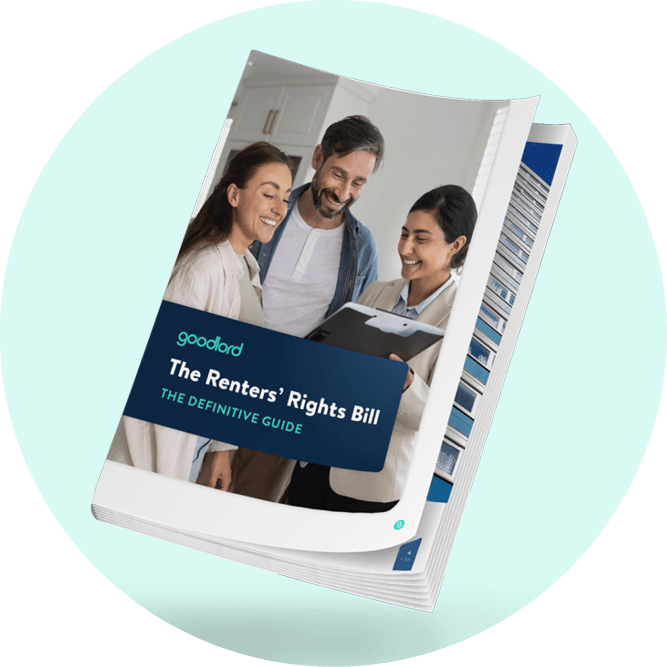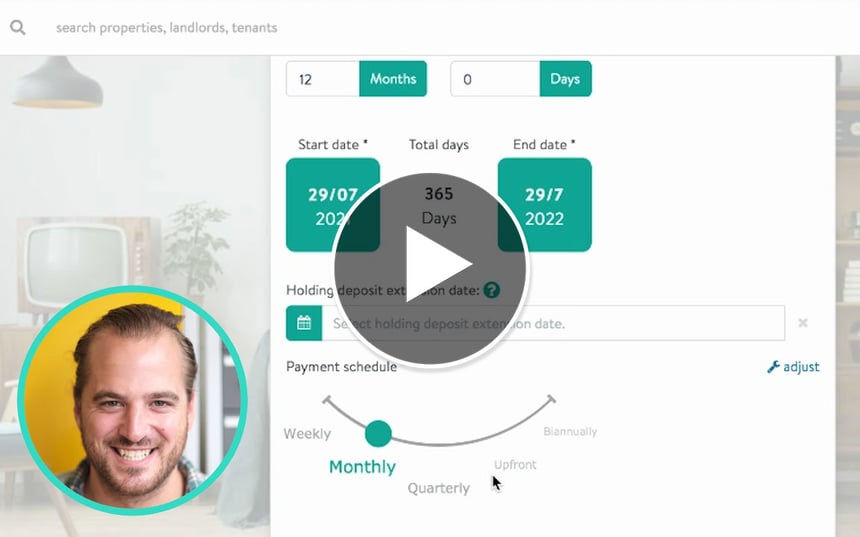How long do EICR certificates last? You might need an inspection
Many EICR certificates expired in June 2025. It might be time you booked your own inspection.
Updated: April 25, 2025
Summer is the time when your agency has a singular focus on gaining new business. But its also a time you should be thinking about your EICR certificates.
June 2025 marked five years since EICR regulation was introduced, meaning many certificates expired. Sadly, it's not as simple as renewing all the certificates on your existing properties:
You'll also need to book inspections for all the new properties you take on. With a finite number of inspectors available, it can sometimes be challenging to get one booked .
And that's before you consider aligning an inspector's availability with your tenants'.
Still, by acting now, you can avoid a sticky situation. In this blog, we'll explain everything you need to know about EICR certificates, how to keep on top of expiry dates, and where you can book an appointment 👇
- What is an EICR certificate?
- How long does an EICR certificate last?
- What are the consequences of not having a valid EICR certificate?
- Who needs an EICR certificate?
- Get EICR compliance sorted today
What is an EICR certificate?
An Electrical Installation Condition Report (EICR) is a detailed assessment of a property’s electrical system, evaluating its safety and functionality. The inspection is conducted by a qualified contractor who checks every aspect of the electrical installation to identify any issues that may pose a safety risk.
The main goal of the EICR report is to prevent or fix any possible electrical risks, such as electric shocks, fire hazards, overloaded circuits, or problems with earthing or fuse boxes.
The report categorises issues under specific codes to indicate their severity:
- Code C1 - This code indicates immediate danger that requires urgent remedial action. For example, exposed live wires would fall under this category. The inspector might make these hazards safe before leaving the property.
- Code C2 - This code highlights potentially dangerous issues that require prompt action, such as insufficient earthing or overloaded equipment. While the system might still work, it needs repairs as quickly as possible.
- Code C3 - This code can be considered satisfactory. It doesn’t indicate any immediate remedial work but suggests improvements to enhance the system's safety.
- Code FI (Further Investigation) - This code means something looks off, but can’t be fully verified during the inspection, and calls for additional checks as soon as possible. If significant parts remain unverified, the EICR might be deemed unsatisfactory.
If a property falls under C1, C2, or FI codes, the remedial work must be carried out within 28 days, unless otherwise specified by the inspector.
How long does an EICR certificate last?
As per the British Standards Institute’s BS 7671 guidelines, a property should at least conduct an EICR inspection once every five years. These requirements were first introduced on June 1, 2020, as part of the Electrical Safety Standards in the Private Rented Sector (England) Regulations, which explain the urgency of renewals now.
This said, the exact duration can vary depending on factors such as the type of property, the condition of the electrical installations, and the inspector’s recommendations.
For most residential properties, the standard validity of EICRs remains five years. However, specific high-risk properties exposed to moisture and extreme temperatures require more frequent inspections. For instance, a house with a swimming pool requires an EICR inspection every year.
In some cases, if a report identifies significant risks, the inspector may recommend a shorter interval of one or two years until necessary repairs are completed.
What are the consequences of not having a valid EICR?
Apart from the obvious risk of endangering the property and tenants, there are severe penalties for landlords who fail to comply. Local authorities can impose fines of up to £30,000, and in some extreme cases, criminal charges can be pressed if the landlord persists in non-compliance.
Who needs an EICR certificate?
Having an EICR certificate is a legal requirement for landlords in England who rent out properties in the private sector. Once landlords have obtained the EICR report from the qualified electrician, they need to:
- Send a copy to the existing tenant within 28 days of the inspection
- Share a copy with new tenants before they occupy the property
- Share a copy with any prospective tenant within 28 days of receiving a request
- Submit a copy to the local authority within 7 days of receiving a request
- Retain a copy of the report to give to the inspector during the next inspection
This shows that EICR certificates are about compliance and tenant safety. However, given the number of touchpoints, keeping EICRs valid and sharing them with the right people can be a headache.
Get EICR compliance sorted today
When you're managing a large portfolio of properties, it can be difficult to keep track of which properties need inspections and when.
To keep landlords compliant and protect them from fines, ensure all documents are up to date, well organised, and easily shareable with the relevant parties. This is where Goodlord comes in.
1 - Centralised document management
You can upload and store all necessary certifications, including EICRs, in the Goodlord platform and view them in the property documents tab. By adding expiry dates, you can quickly see which certificates are missing, expired, or nearing expiration. You can also filter properties by compliance status, making sure no certificates slip through the cracks.
2 - Automated reminders and checks

Once documents are added to the Goodlord platform, you’ll receive notifications when a certificate is about to expire, giving you plenty of time to arrange for inspections and get them updated.
Plus, Goodlord automatically verifies that the EICR certificate is valid before issuing new tenancy agreements.
3 - Audit trails
Goodlord makes it easier for you to track which party has received what documents and when. When uploaded, the tenancy agreements created by Goodlord include tenants acknowledging receiving EICRs in a supporting documents checklist.
4 - Discounted EICR certificates through the Goodlord x Safe2 partnership
Goodlord's partnership with Safe2 allows you to purchase updated property documents, including EICR certificates, at a discount through our platform.
Safe2's dedicated team uses its large network of approved contractors to find the right appointment for you, taking the heavy lifting off your plate.
If your usual contractor isn't available, they're happy to support you to meet your deadline.
Chat with our team to learn more 👇
This article is intended as a guide only and does not constitute legal advice. Visit gov.uk for more information.











